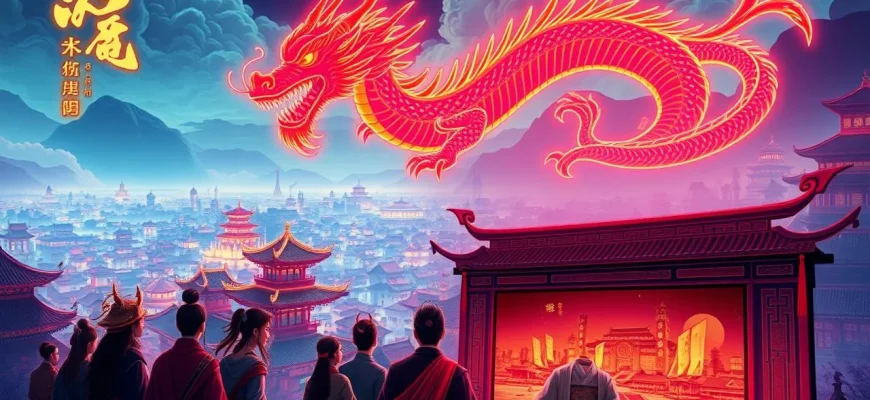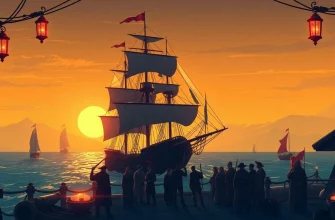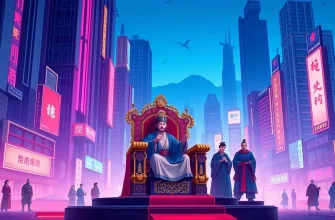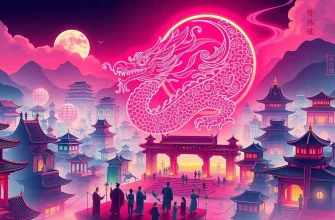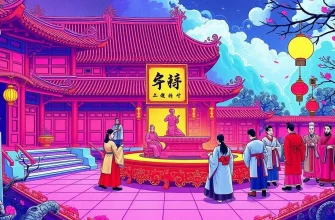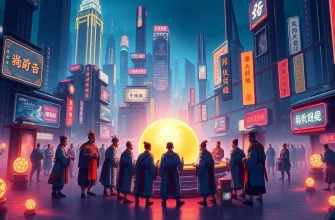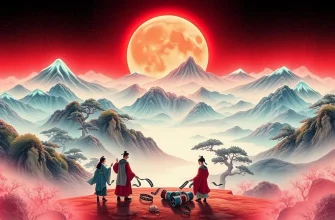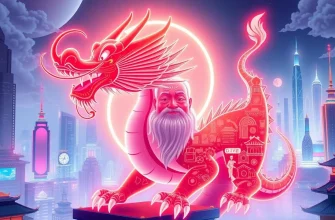Medieval China is a treasure trove of history, culture, and drama, and these films capture the essence of this fascinating era. From epic battles to intricate political intrigue, these movies offer a window into the past, showcasing the grandeur of ancient dynasties, the valor of warriors, and the depth of human emotion. Whether you're a history buff or just love a good story, this curated list of films will transport you to a time of emperors, scholars, and legendary heroes.
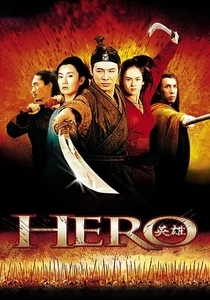
Hero (2002)
Description: Directed by Zhang Yimou, "Hero" is a visually stunning film that explores themes of loyalty, honor, and sacrifice. It tells the story of an unnamed assassin who seeks to kill the King of Qin, the man who would eventually unite China.
Fact: The film was nominated for an Academy Award for Best Foreign Language Film and is known for its use of color to represent different narratives and emotions.
 Watch Now
Watch Now
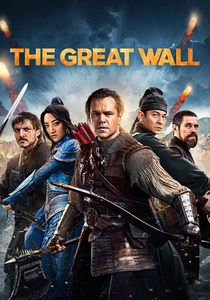
The Great Wall (2016)
Description: Although it takes some creative liberties, "The Great Wall" captures the spirit of medieval China with its depiction of the construction of the Great Wall and the mythical creatures it was built to keep out.
Fact: This was the first English-language film directed by Zhang Yimou, featuring a blend of Chinese and Hollywood stars.
 Watch Now
Watch Now
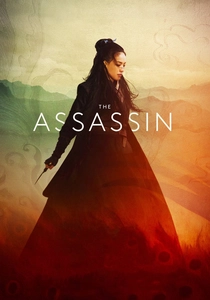
The Assassin (2015)
Description: This film is a visually poetic take on a Tang Dynasty tale about a female assassin sent to kill a political leader, her former lover. It's a meditative exploration of duty, love, and the clash between personal desires and societal expectations.
Fact: Director Hou Hsiao-Hsien won the Best Director award at the Cannes Film Festival for this film.
 Watch Now
Watch Now
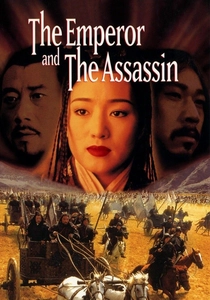
The Emperor and the Assassin (1998)
Description: This epic drama delves into the life of the first Emperor of China, Qin Shi Huang, and his complex relationship with his would-be assassin, Jing Ke. It's a tale of ambition, betrayal, and the quest for power, set against the backdrop of the Warring States period.
Fact: The film was China's most expensive production at the time, with a budget of over $20 million. It also features stunning sets and costumes that recreate the opulence of ancient China.
 30 Days Free
30 Days Free
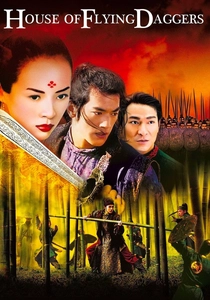
House of Flying Daggers (2004)
Description: This wuxia film blends historical drama with breathtaking action sequences. It's set during the decline of the Tang Dynasty and follows a love triangle amidst a rebellion against the corrupt government.
Fact: The film's fight choreography was done by the legendary Yuen Woo-ping, who also worked on "The Matrix" and "Crouching Tiger, Hidden Dragon."
 30 Days Free
30 Days Free
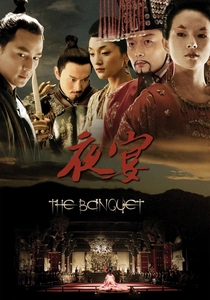
The Banquet (2006)
Description: A loose adaptation of Shakespeare's "Hamlet," set in the Tang Dynasty, "The Banquet" explores themes of revenge, power, and love within the royal court.
Fact: The film was shot in Beijing's Forbidden City, adding an authentic touch to its historical setting.
 30 Days Free
30 Days Free
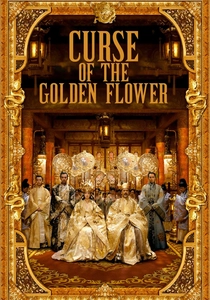
Curse of the Golden Flower (2006)
Description: Set during the Tang Dynasty, this film is a lavish tale of family intrigue, betrayal, and forbidden love within the royal palace. It's a visual feast with its opulent sets and costumes, exploring the dark underbelly of imperial life.
Fact: The film features one of the largest sets ever built for a Chinese film, with a replica of the Forbidden City constructed for the shoot.
 30 Days Free
30 Days Free
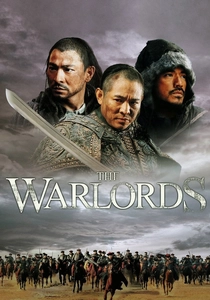
The Warlords (2007)
Description: This film recounts the story of the Taiping Rebellion, focusing on the bond between three sworn brothers, each with their own ambitions and moral dilemmas. It's a gritty portrayal of war and brotherhood.
Fact: It was one of the most expensive Chinese films ever made, with a budget of around $40 million, and features intense battle scenes.
 30 Days Free
30 Days Free
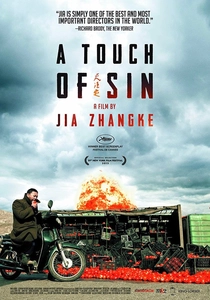
A Touch of Sin (2013)
Description: While not strictly medieval, this film touches on historical themes through its portrayal of modern-day China, reflecting on the country's past and present through four separate stories of violence and social injustice.
Fact: The film was banned in China for its critical portrayal of society but was celebrated internationally, winning the Best Screenplay at Cannes.
 30 Days Free
30 Days Free
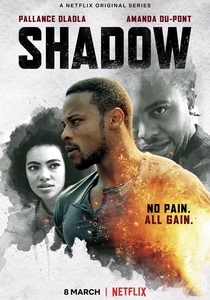
Shadow (2018)
Description: Set in a fictionalized Three Kingdoms period, "Shadow" is a tale of deception and strategy, where a commander uses a look-alike to navigate the treacherous waters of war and politics.
Fact: The film's use of black and white cinematography, with occasional splashes of color, creates a unique visual style.
 30 Days Free
30 Days Free

